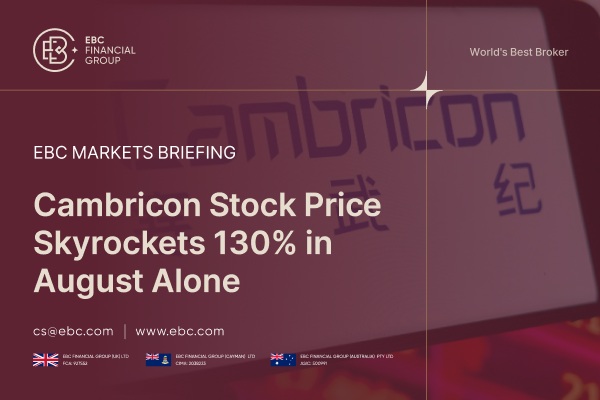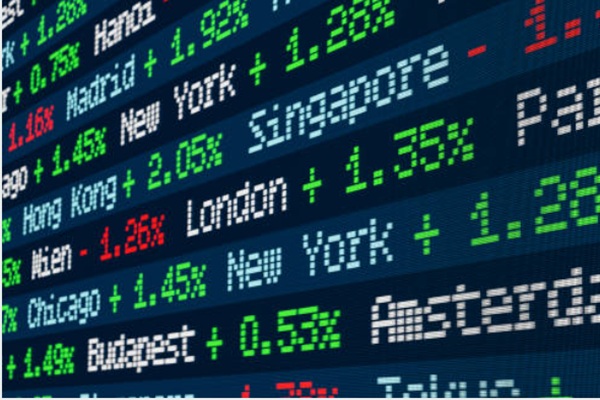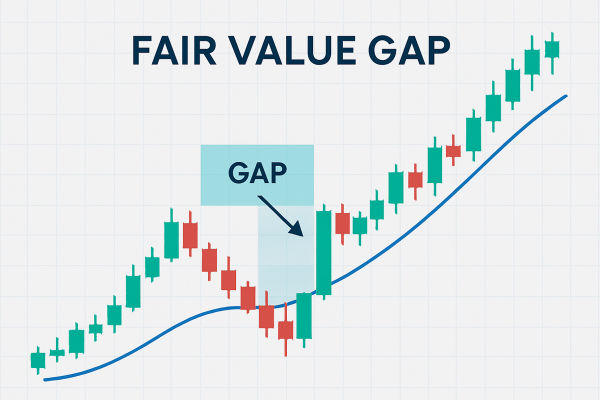Gold Trading in the Commodities Market: An Investor's Guide
Gold has always been special in the commodities market. With its inherent value and historical importance, gold is a favourite among investors who want to diversify their portfolios or hedge against economic risks. The futures market is key to gold trading, price discovery and trading activity happen through platforms like the Shanghai Futures Market (SHFE) and the COMEX. Institutional investors also impact the gold market by hedging and using a combination of currencies and bonds in their strategies.
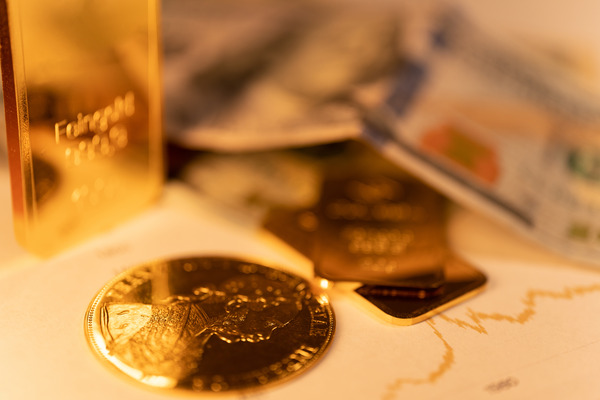
Gold Trading in Commodities Markets
Gold trading is an integral part of commodities trading, where investors engage in buying and selling gold in forms like physical bullion, bars, futures contracts, and exchange-traded funds (ETFs). Its unique position as both a commodity and a store of value makes it a sought-after asset worldwide. Gold's stability during market volatility often makes it a haven, preserving value when other financial instruments falter. The London Metal Exchange plays a significant role in modernizing gold trading by setting global benchmarks and streamlining trading contracts.
Factors Influencing Gold Prices
Gold prices are shaped by a dynamic interplay of global factors, including central bank policies, inflation rates, interest rates, and geopolitical events. The strength of the US dollar also impacts gold's value, as it is often used to hedge against inflation and currency fluctuations. Quoted in US dollars per troy ounce, gold prices are closely monitored by investors. Various investment methods, such as physical gold, ETFs, and futures contracts, cater to diverse financial goals and risk preferences. Each approach has unique advantages, allowing investors to choose what best aligns with their strategies.
Why Gold is Important in Commodities
Gold is significant in commodities trading and offers many benefits to investors. As a physical asset, gold is used as a hedge against inflation. When the purchasing power of fiat currencies declines, the price of gold rises, making it a store of wealth. Gold trading is highly liquid in the commodities market, so you can enter or exit positions, whether through spot or futures contracts. This liquidity means gold is always available to traders looking for stability during volatile markets. Gold also offers diversification benefits to your investment portfolio. Its price moves independently of stocks and bonds, making it a great asset to balance your traditional investments and reduce overall risk.
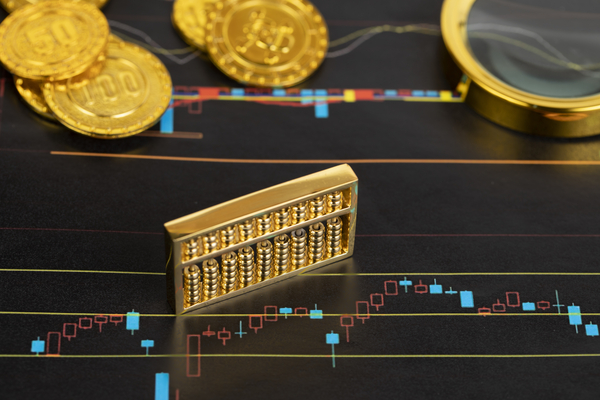
Investing in Gold
Investing in gold is a proven way to diversify your portfolio and hedge against inflation and market volatility. Gold has been a safe-haven asset for centuries and has preserved value during economic uncertainty. There are many ways to invest in gold, each suited to different investors and risk tolerances.
One option is to buy physical gold coins or bars, allowing you to own physical assets that can be stored securely. Many dealers, both online and in local coin shops, offer gold in this form. Alternatively, you can invest in Exchange-Traded Funds (ETFs), a convenient way to invest in gold without handling physical bullion. These financial instruments track gold prices and are listed on stock exchanges, so they are liquid and easily accessible to investors. Another option is to trade gold futures contracts, which are agreements to buy or sell gold at a specified price on a future date. These contracts are traded on commodities exchanges like COMEX, allowing you to speculate on gold prices.
Before you invest in gold, you need to consider your financial goals and risk tolerance. Do your research and choose reputable dealers or investment platforms to ensure a safe investment experience.
Gold Futures Trading Strategies
Gold trading in the commodities market often requires specific strategies to take advantage of market movements. One popular strategy is trend following, where traders look at market trends and use technical indicators like moving averages to enter and exit positions. Fundamental analysis is also important, as it involves monitoring central bank policies, geopolitical events, and changes in supply and demand that can affect gold prices. Many traders also use gold futures to hedge other investments or commodities by locking in gold prices ahead of time.
Gold Market
The gold market is a complex and dynamic system influenced by many global factors. Central bank policies are key, as many central banks hold large gold reserves, and their buying or selling can move gold prices. Inflation rates are another factor; gold is seen as a hedge against inflation, so when inflation rises, demand for gold increases, and prices go up. Interest rates also affect gold's appeal, as lower interest rates make gold more attractive by reducing the opportunity cost of holding it. Geopolitical events, such as wars or political instability, can create demand for gold as a safe-haven asset.
Supply and demand are the foundation of the gold market. Gold supply comes from mining, recycling, and central bank sales. Gold mining involves extracting gold from the earth, and the amount of gold produced can affect the supply. Gold recycling, which includes reclaiming gold from old jewellery and coins, adds to the overall supply. Central banks, with their large reserves, can also affect the market by selling or buying gold.
On the demand side, jewellery manufacturers are big consumers of gold, and their demand can move gold prices. Investors, especially those who want to hedge against market volatility, also drive demand for gold, which can cause prices to go up. Central banks are both suppliers and buyers of gold, making the demand side more complex.
Gold Supply and Demand
The balance between gold supply and demand is what determines gold prices. The supply side includes gold mining, recycling, and central bank sales. Gold production from mining can move supply in the market, while recycling adds to supply by reclaiming gold from old jewellery and coins. Central bank buying or selling of gold reserves can also affect overall supply.
On the demand side, gold is in demand from jewellery manufacturers, investors, and central banks. Jewellery production uses gold as a raw material, and any change in jewellery demand can move gold prices. Investors’ appetite for gold as a safe-haven asset, especially during economic uncertainty, can push gold prices up. Central banks play a dual role in both supplying and increasing demand for gold by buying more reserves.
Supply and demand are the foundation of the gold market. Any significant change in this balance can move gold prices, so investors must be aware of trends and news.
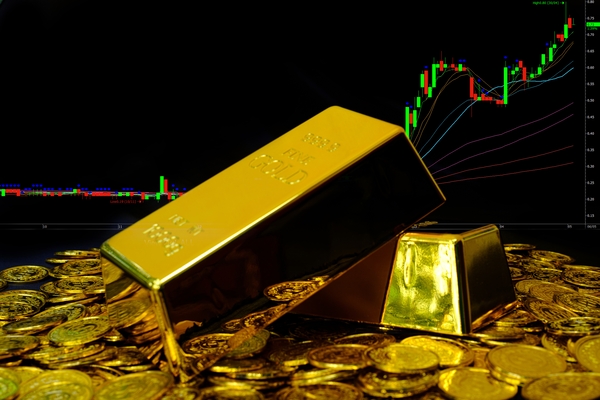
Gold in the Future of Gold Market
As the world economy evolves, the future of gold trade is a big part of the commodities market. New technologies and digital trading platforms make it easier for investors to access the gold market, making it more attractive.
For seasoned traders and beginners, understanding gold trading can open up new opportunities in the commodities market.
Conclusion
Gold is the foundation of the commodities market, loved for its strength and versatility. Whether you are an experienced investor or new to commodities trading, gold offers stability, liquidity and growth. As demand for gold increases, its relevance in the commodities market won't go away soon.
Disclaimer: This material is for general information purposes only and is not intended as (and should not be considered to be) financial, investment, or other advice on which reliance should be placed. No opinion given in the material constitutes a recommendation by EBC or the author that any particular investment, security, transaction, or investment strategy is suitable for any specific person.





